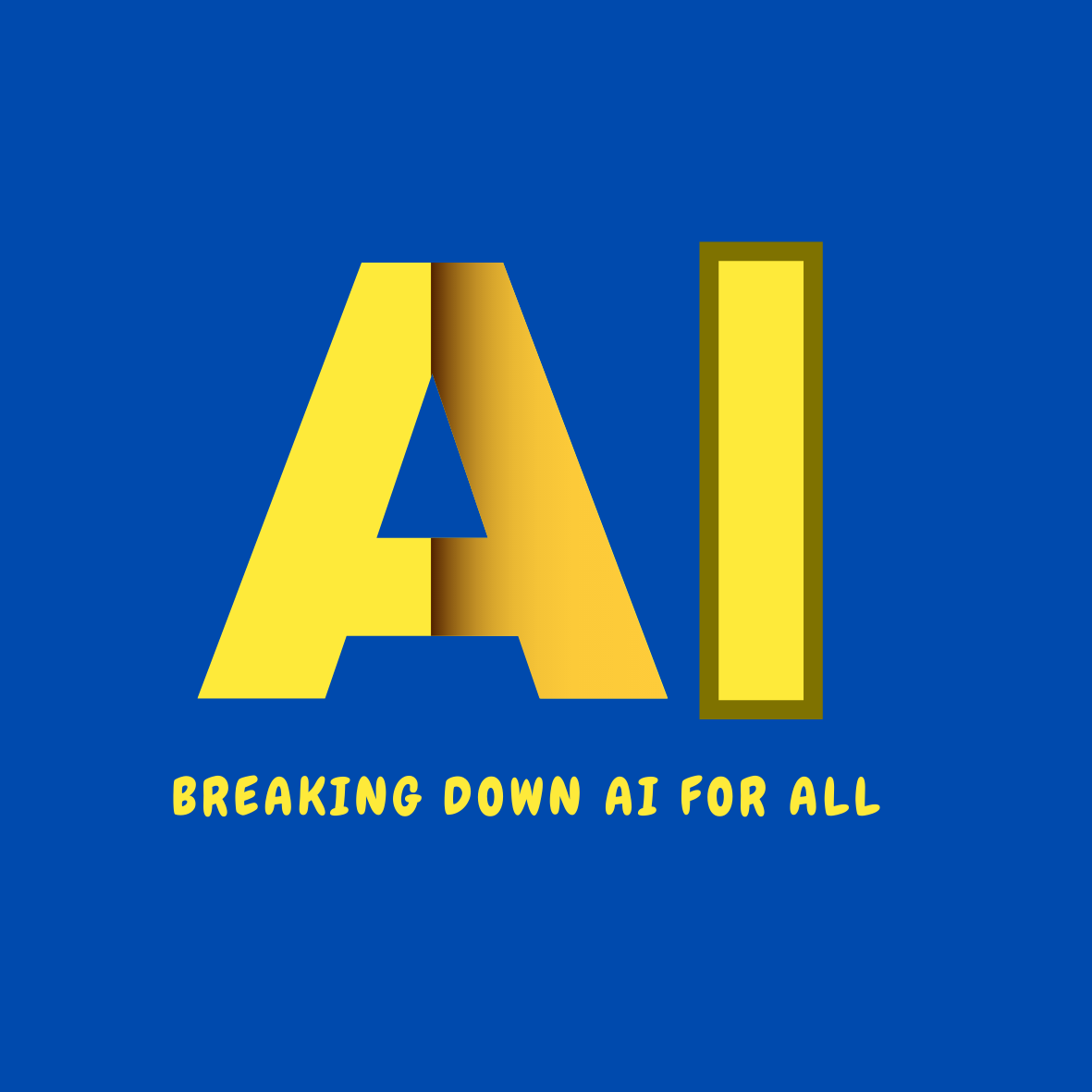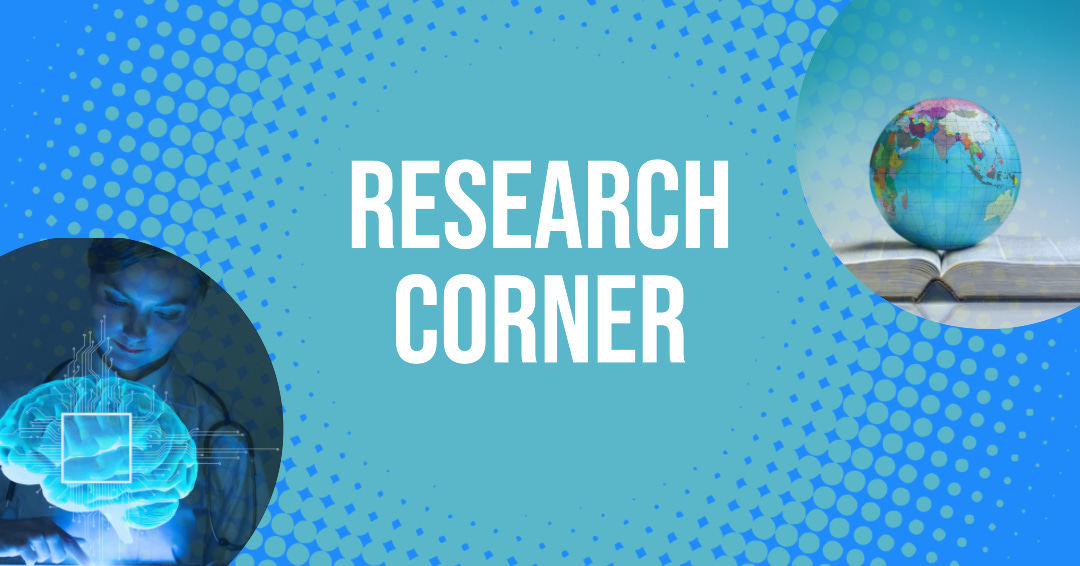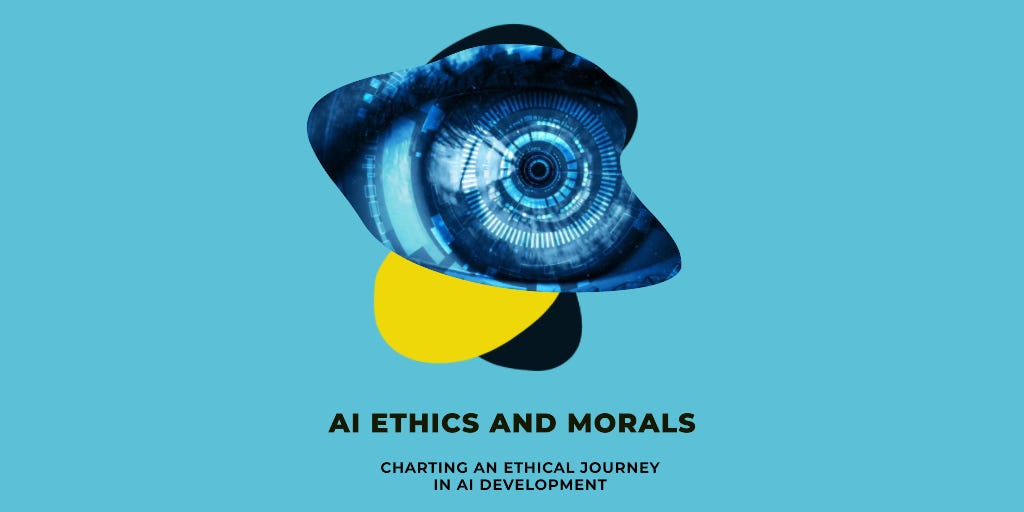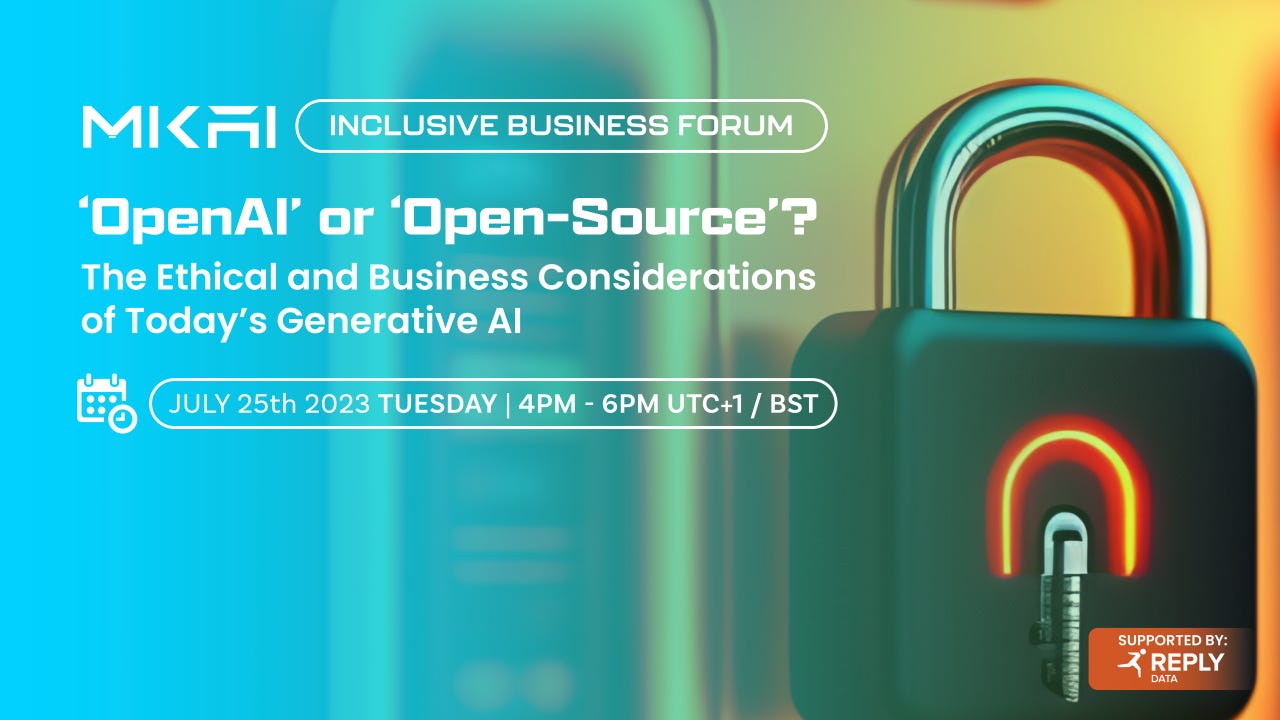AI’s Use in Recruitment and Job Search is Growing
Demand for AI/ML-trained professionals is also inching up globally.
It’s come to be widely accepted that certain types of jobs, particularly those involving repetitive manual inputs and others like customer service, are destined to be automated with the rise of the use of artificial intelligence (AI) in the commercial sphere.
Additionally, three noteworthy trends have emerged on the employment horizon over the past six months since OpenAI introduced ChatGPT in November 2022.
Firstly, the trend of reducing human involvement in candidate selection processes in companies is steadily growing. Some HR chiefs are opting for automated methods instead of the usual human selection techniques.
Secondly, more importantly, there’s already a demand for professionals with expertise in AI and machine learning, leading to new job opportunities in these cutting-edge fields. Which should bring some cheer to you, especially if you are a young professional.
The third is something that readers will acknowledge I’ve been reporting on in my newsletters; the creation of absolutely new job profiles even as AI replaces some of the old ones. Agreed that job losses to AI have been reported, but for sure, AI is also creating, and will continue to do so, new human jobs, similar to the time when the Internet was born.
And here’s the kicker: candidates across the globe are increasingly taking the help of AI tools to find them the right jobs.
Last week also saw this interesting observation on AI from the CEO of an AI company: AI will be the biggest bubble of all time.
Just what did he mean by that? Let’s dive right in, but before that, let’s take a quick look at this week’s “AI Job Impact Indicator”

“Stability AI” Chief Says it’s a “dot AI Bubble”
“Stability AI” CEO Emad Mostaque believes AI will be the “biggest bubble of all time”, stating it is still in its early stages and not ready for mass-scale adoption in industries like banking.
He called it the "dot AI" bubble. Stability AI is behind Stable Diffusion, a popular generative AI tool. The rather controversial Emad predicted a US $1 trillion investment in AI, more important than 5G as knowledge infrastructure. He suggested banks like UBS adopt the technology, as it is in its early stages of development. Companies that do not use AI appropriately will face stock market punishment. Google and Microsoft were competing to build superior AI tools, with Google losing $100 billion in a single day, Emad pointed out. This will be a major investment theme in the coming years.
Emad did acknowledge that AI was currently in its early stages of development and not fully ready for large-scale deployment in industries like financial services.
The CEO also expressed confidence in the reality of AI's impact on the investment landscape, expecting a shift in focus from chip manufacturers to companies effectively incorporating AI to enhance their bottom line and revenue. He projected AI to be one of the dominant investment themes in the coming years.
Just Launched: ‘AI For Real’ Has Its Own Page On LinkedIn. Join, Now.
Survey Reveals Over 60% of Job Seekers Concerned About Job Loss to AI
The News: In a recent survey conducted by ZipRecruiter, over 60% of job seekers expressed concerns about the possibility of ChatGPT and AI replacing their jobs.
More Facts: Interestingly, the worry about job displacement by ChatGPT is most prevalent among younger and less educated job seekers, with the level of concern declining as age and education level increase. Specifically, 76% of Gen Z job seekers are worried about losing their jobs to ChatGPT, while only 41% of Baby Boomers share the same concern. Based on education, the apprehension varies from 52% among individuals with graduate or professional degrees to 72% among those without high school diplomas.
What It Means: AI primarily targets entry-level positions and mundane tasks, critical components for younger generations and Gen Z careers. As companies increasingly adopt AI solutions, they are also cutting back on training programs, potentially leaving Gen Z job seekers at a disadvantage. However, employees can take proactive steps to prepare for the changing job landscape alongside AI.
Source: Zip Recruiter
Subscribe to our YouTube channel: youtube.com/@aiforreal
UK Gov’s AI Taskforce Chief Sounds Alarm on Job Automation
Ian Hogarth, the newly appointed leader of the UK Government's AI task force, has sounded the alarm about the mounting automation of jobs, cautioning that the advancement of AI systems poses significant challenges.
According to him, this growing trend of automation will necessitate a fundamental reevaluation of the traditional work dynamics, potentially leading to winners and losers on a global scale.
Ian aims to help the government understand the risks associated with frontier AI systems and hold companies accountable. He is concerned about the potential for AI to cause harm, such as wrongful arrests or malicious computer code resulting in increased cybercrime. Protecting British jobs will be a challenge as artificial intelligence systems become more advanced, the new head of the government's AI task force said, adding the whole world will have to rethink the way in which people work.
Source: BBC, Asia Net News
AI and ML to Play Huge Role in Recruitment in India
AI and machine learning are expected to play a significant role in recruitment and essential talent in India, according to a new report.
A Mint + Shine.com 'Talent insights' report found that AI will play a major role in finding the best candidates in competitive sectors. Over half of the companies interviewed believed that AI could play a "big role" in supporting recruiters' jobs in the near future, while 35.8% see "some role". However, only 8.4% said AI could completely replace recruiters, and 2.8% believed AI wouldn't support recruiters in the near future. Insurance companies have been early adopters of AI and chatbots in recruitment processes.
The respondents felt that expunging human intervention in candidate selection may not be preferred. Companies were developing AI-driven tools to upskill their workforce, as hiring laterals was expensive, and companies preferred to utilize existing workforce across roles.
HR executives interviewed for the study said that AI/ML had become a fundamental pillar in the tech industry, followed by sales skills, data science skills, and business management skills to get competitive leverage. Evaluating candidate performance and recruitment were rated as ChatGPT's greatest utility in HR-related tasks.
Source: livemint.com
About 30k AIML Professionals Required in India in Five Years
Top 500 corporations will require 25,000-30,000 AIML practitioners in five years, according to an IIM Ahmedabad study.
India currently has 4.5% of the world's AI professionals, with a talent crunch expected to worsen. Core AI talent, including data scientists, engineers, and enterprise architects, will account for 15-20% of the demand.
The demand-supply gap for digital technology talent is projected to treble by 2026 to 1.4-1.8 million. The study–‘AI in India — A Strategic Necessity’ – estimates that core AI talent, especially data scientists, data engineers, and enterprise architects would account for 15 to 20% of this demand.
Source: Careers360.com
US Leads in AI Jobs
The US is leading in artificial intelligence jobs, with 7.6 million open positions in June.
The most common tech roles include software engineer, product designer, deep learning architect, and data scientist. However, there is a shortage of qualified applicants for tax managers, accounting, and consulting firms. The average tax manager job using AI pays US $100,445 a year, while the average job using AI pays $146,244. AI jobs have been around for decades but exploded in recent months with ChatGPT's entry in late 2022.
Source: cnbc.com
Exciting Opportunities for Newsletter Sponsorship!
Discover available ad and sponsorship slots for this newsletter by clicking on this link. Explore the various packages to find the perfect fit for your brand.
If you would like further information, please don't hesitate to contact me. Let's collaborate and customize the best deal tailored to your specific needs. Click on the tab above or write to marketing (at) newagecontentservices.com
Candidates are Using Generative AI to Find Jobs
Artificial intelligence is changing a lot of processes. That includes searching for a job. ChatGPT, for example, has made the process easier. In this interview, “RecruitBot” founder Jeremy Schiff shares some inside secrets to help job seekers get past the robot gatekeeper. He recommends sticking with standard job titles and skills.
Source: khou.com
“Maximum-truth” Seeking AI by Elon Musk
Elon Musk’s latest venture, “xAI,” is old news by now. But except for the bare basics where the new company’s objectives are concerned, nothing more is known about it. Elon simply told the world: The (new) AI company aims to gain a deeper understanding of reality.
Unraveling the true essence of the universe is fine, but it would be great if people on Earth had a more clearer understanding. But one can go back in time and read up on some of Elon’s earlier interviews on “his type of AI” to kinda guess what xAI could be about. “An AI that cares about understanding the universe is unlikely to annihilate humans," Musk told Fox News, "because we are an interesting part of the universe." Hmmm….
The project boasts a team of top researchers from leading AI organizations such as DeepMind, Google Research, and Microsoft, among others. Although xAI operates as a distinct entity from X Corp (formerly known as Twitter, Inc.), it will collaborate closely with X (Twitter), Tesla, and other companies to advance its mission.
Source: futurism.com
Yet Another Research Finds AI Text Detectors Are Biased Against Non-native Speaker Articles
The Development: Researchers have recently published a peer-reviewed opinion paper in the journal "Patterns" revealing a concerning issue with widely-used computer programs designed to identify AI-generated texts. The study indicates that these programs often misclassify articles written by non-native language speakers as AI-generated content, raising questions about their reliability.
The Details: The researchers put seven popular GPT detectors through the grind. These detectors assess text perplexity, which measures the unexpectedness or surprise of word choices in an essay.
The study warned against using these AI text detectors, especially in educational settings, due to their inherent biases and vulnerability to manipulation with minimal prompt design. Relying on such detectors in classrooms or important applications could lead to erroneous outcomes and negative impacts on individuals, including students and job applicants. Caution is necessary to avoid potential mislabeling and its adverse consequences.
In last week’s newsletter, I reported on a study by Debora Weber-Wulff, a media and computing professor at the University of Applied Sciences, HTW Berlin, and other experts. They had evaluated the effectiveness of 14 different tools, including Turnitin, GPT Zero, and Compilatio, in detecting text produced by OpenAI's ChatGPT.
These tools primarily relied on identifying AI-generated text characteristics such as repetition and then assessed the probability of AI involvement. The research team had discovered that all the tested tools encountered difficulties in detecting ChatGPT-generated text that had been slightly restructured by humans and obfuscated using a paraphrasing tool. This implies that students can bypass the detectors by making minor adjustments to the AI-generated essays.
What It Means: Users need to exercise caution when using these detectors, particularly in educational settings, because of significant biases present in the algorithms, and they can be easily deceived with minimal prompt design. Relying on such detectors in classrooms or any critical applications could lead to erroneous conclusions and inappropriate consequences for individuals.
Source: sciencedaily.com
Thanks for reading “AI For Real”. There are two versions of this newsletter - Free and Paid. If you press the “Subscribe” tab, it will get you your free subscription. But that will fetch you the bare basics. To grab the entire bundle that comes with this newsletter, it would be better if you become a Paid subscriber. That will fetch you an awesome experience, as spelled out here.
Is ChatGPT Going Lazy With Every Iteration?
GPT-3.5 and GPT-4 are widely used large language model (LLM) services, but their update processes remain opaque. A new study assessed the March 2023 and June 2023 versions of both models across four diverse tasks: solving math problems, answering sensitive/dangerous questions, generating code, and visual reasoning.
Surprisingly, the team found significant variations in the performance and behavior of GPT-3.5 and GPT-4 over time. For instance, GPT-4 (March 2023) demonstrated high accuracy (97.6%) in identifying prime numbers, but its performance plummeted to a mere 2.4% in June 2023 for the same task. Interestingly, GPT-3.5 (June 2023) outperformed its March 2023 version in this particular task.
Moreover, GPT-4 appeared less willing to answer sensitive questions in June than it was in March, suggesting potential changes in its risk assessment capabilities. Additionally, both GPT-4 and GPT-3.5 exhibited more formatting errors in code generation in June compared to March.
The research team concluded that the study only underscored the importance of continuous monitoring of LLM quality, as the behavior of these models could undergo substantial shifts in a relatively short period. Understanding these variations was crucial for ensuring the reliability and consistency of LLM services.
Source: arxiv.org
(Chen, L., Zaharia, M., & Zou, J. (2023). How is ChatGPT's behavior changing over time? ArXiv. /abs/2307.09009)
U.N. Secretary-General Calls for International Watchdog to Govern AI
António Guterres, the U.N. Secretary-General, has proposed the establishment of an international watchdog to oversee AI technology and address its potential risks. He envisions a U.N. body similar to the Intergovernmental Panel on Climate Change for this purpose.
Guterres welcomed the idea, supported by U.N. member states and OpenAI CEO Sam Altman, to create an entity inspired by the International Atomic Energy Agency to govern AI. He also advocated for a legally-binding agreement by 2026 to prohibit lethal autonomous weapons systems.
During the first-ever U.N. Security Council meeting on AI, chaired by the U.K., Guterres expressed concerns about cyber-attacks targeting U.N. peacekeeping and humanitarian efforts. He highlighted the potential for malicious AI use to cause significant harm, emphasizing the need for global governance.
In response to these concerns, the UK will host an AI summit in the fall, aiming to address the ethical and human rights implications of AI technology while ensuring freedom, democracy, and security. The recent UN resolution, endorsed by various countries, emphasizes transparency in AI systems and upholding human rights.
Source: analyticsinsight.net
The Integration of AI in Workspaces: Navigating Ethical Challenges
As the adoption of AI in workspaces becomes increasingly prevalent, its benefits in automating repetitive tasks, enhancing data analysis, and improving decision-making processes become evident.
However, as AI continues to grow, it is crucial for companies to prioritize ethical considerations in its implementation, ensuring responsible and transparent use. Governments worldwide are actively working on regulations to promote the ethical growth of AI while safeguarding human livelihoods. In an article, founder and CEO of Valuematrix.ai. Aditya Malik said data privacy was a prominent concern as AI systems collect and analyze vast amounts of personal information. Algorithmic bias poses risks of unfair treatment towards specific groups of people. Additionally, AI's impact on employee well-being through job displacement and surveillance must be carefully addressed.
To ensure the responsible use of AI, companies need to confront these ethical concerns proactively and incorporate ethical frameworks that uphold privacy, fairness, and employee welfare.
Source: Forbes
Open AI' or 'Open Source'? Navigating the GenAI landscape
Event by MKAI.org
Click here to join
(If you want your AI webinar/event to be featured here*, email us: marketing (at) newagecontentservices.com
*There’s a small fee.
Insights on AI: Leaders Embrace the Future Amid Advancements
The rapid strides in AI have prompted leaders from various industries to contemplate the potential opportunities and challenges this technology may bring to their organizations. Building trust in AI's capabilities and its potential to drive success becomes a crucial factor for businesses seeking to thrive in a world of constant disruptions.
In a recent discussion hosted by Fast Company and Deloitte & Touche LLP, Vijay Karunamurthy, field CTO for Scale AI, a company specializing in AI model training, and Chau Dang, product manager for NVIDIA Morpheus, a cybersecurity framework provider for developers, delved into the future of AI. Here are four key takeaways from their conversation.
Source: fastcompany.com
If you are one of those who are confused about various AI components and nomenclature, the BBC’s new comprehensive guide is a must-read.
(Every week, I tell readers of some interesting write-ups, podcasts and videos on AI in “Top Picks”.)













